Keywords: Trans
There are more than 200 results, only the first 200 are displayed here.
-

ARTS AND CULTURE
- Sandra Renew
- 20 February 2017
4 Comments
Observing the decades long incident is unbearable - although they have fallen beautifully time is not on their side, their ideals are consigned to fire. But do we care so little that when the fates convene and humans fail sumo-sized jelly fish and yellow crazy ants and ubiquitous spiders will be all that's left? Do we care so little and think we are free of all our debts? Did we think we were never so needy as to sell our dreams?
READ MORE 
-

AUSTRALIA
- Fatima Measham
- 16 February 2017
9 Comments
There's not enough jobs because foreigners are stealing them. Wages aren't going up because foreigners drag them down. Graduates aren't finding positions because skilled worker visas are being given out too easily. Such answers are potent in pockets of Australian society that would rather blame outsiders than demand their government create new jobs, lift the minimum wage, improve work conditions and training, and mediate skills transfers from industries that are contracting, such as mining.
READ MORE 
-

AUSTRALIA
- Andrew Hamilton
- 14 February 2017
19 Comments
In itself inequality is not harmful. It is part of the diversity proper in any human society. But the inequality that is now in question is toxic because it is extreme when measured by any scale, and because it is programmed to increase. It is self-perpetuating and self-intensifying. The increase of wealth of the few entails the marginalisation and impoverishment of others. Inequality is the enduring root and not the transient blossom of the plant of social division.
READ MORE 
-
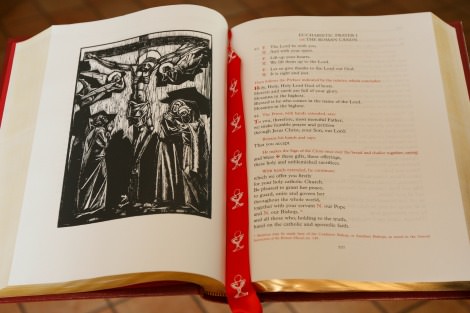
RELIGION
- Gerry O'Collins
- 09 February 2017
66 Comments
It is good news that Pope Francis has appointed a commission to revisit Liturgiam Authenticam. This Vatican document, issued on 28 March 2001, provided the unfortunate guidelines that 'justified' the ugly, Latinised translation foisted on English-speaking Catholics by the 2010 Missal. I sincerely hope that Francis' commission will not merely revisit the document but strongly press for its repeal. The road will then be open to revisit the clumsy, difficult 2010 Missal and replace it.
READ MORE 
-
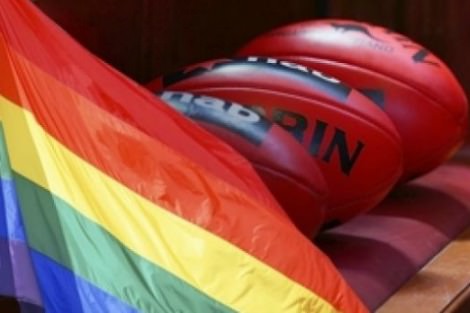
AUSTRALIA
- Neve Mahoney
- 08 February 2017
3 Comments
Last year, I attended the AFL Pride Match with the LGBTI youth group Minus18. As I walked to Etihad Stadium, there was something profoundly emotional about seeing rainbows mix with football colours. A huge part of my childhood was no longer alienated from my lived reality. Yet as the game went on like any other, the whole experience recast itself. I felt more and more conspicuous, and I wondered how safe I'd feel if I were watching alone, waving a rainbow flag.
READ MORE 
-
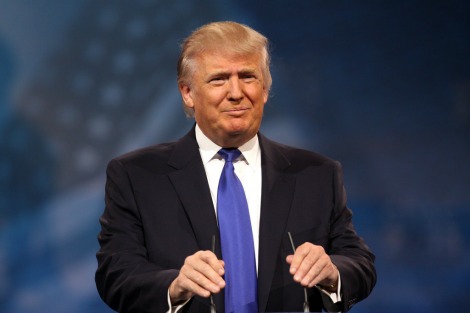
INTERNATIONAL
- Andrew Hamilton
- 01 February 2017
23 Comments
The shape Trump's presidency is beginning to be discernible. The likely deepening of inequality, the disregard for universal human rights and for the international and national responsibilities that flow from them, the contempt for the environment and for evidence based research, and the debasement of political speech promise a more divided society in a more divided world. In such a noisy and staccato atmosphere the beginnings of an appropriate response lie in not responding to every tweet.
READ MORE 
-
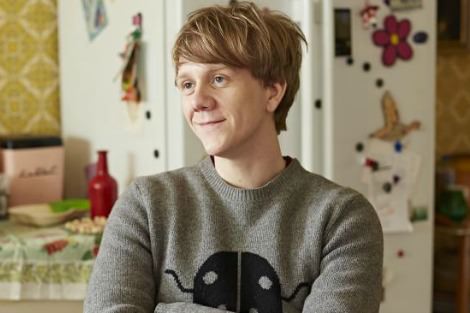
MEDIA
- Adolfo Aranjuez
- 29 November 2016
17 Comments
A recent Screen Australia report determined only 5 per cent of characters in Australian TV dramas could be identified as LGBTQI; less than half the proportion of real-world queer individuals in Australia. Media products are inherently normative, legitimising identities and lived realities through visibility. This is important, given the continuing debates surrounding marriage equality and the pervasiveness of homophobia, the result of which was seen in the suicide of 13-year-old Tyrone Unsworth.
READ MORE 
-
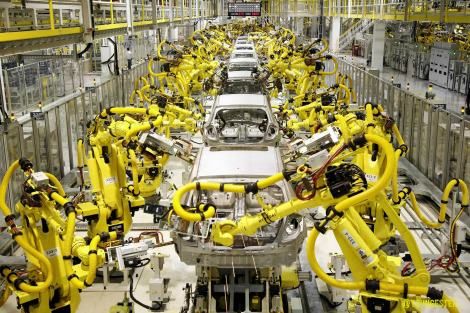
ECONOMICS
- David James
- 21 November 2016
9 Comments
The idea that machines will replace humans, transforming the work force, is far from new. As technology develops at an accelerating pace, there is growing concern that new social divisions are emerging. While there are signs of deepening social divisions between the rich and the rest of the working population, previous predictions of a collapse in employment have proven to be wrong. This is largely because a confusion arises from conflating production and transactions. They are not the same thing.
READ MORE
-
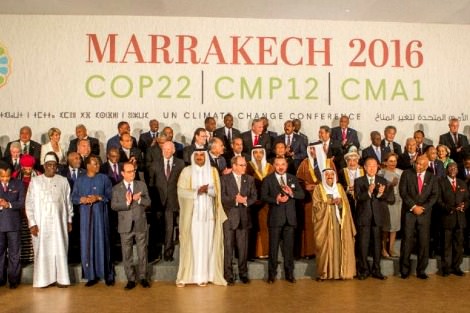
ENVIRONMENT
- Thea Ormerod
- 17 November 2016
9 Comments
The evangelical Christian vote no doubt assisted the climate-denying Trump to his election victory, yet it is remarkable how out-of-step it is with the general view of faith communities globally. This view was made abundantly clear the day after Trump's victory on 10 November, with the release of an Interfaith Statement in Marrakech, Morocco, and it should stand as a challenge to those in public life who continue to block climate action.
READ MORE 
-
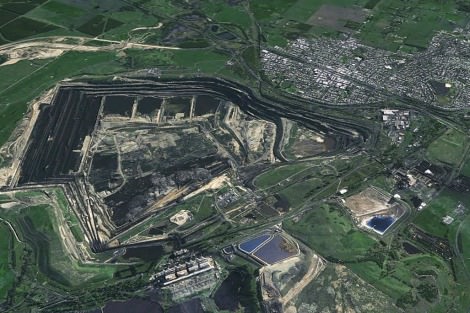
ENVIRONMENT
- Jarni Blakkarly
- 09 November 2016
4 Comments
The death-knell was sounding for Hazelwood long before the announced closure last week. The 50 year old power plant is one of the country's oldest and most inefficient, making it extremely vulnerable to the lower electricity price and supply surplus. As the most polluting power plant per unit of energy produced in the industrialised world, many will be glad to see the power station go. But its closure also flags a rising dilemma, over who bears the cost of the transition to clean energy.
READ MORE 
-
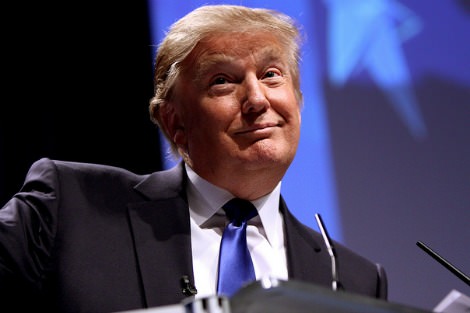
AUSTRALIA
- Fatima Measham
- 16 October 2016
12 Comments
Much has been made about how Republicans benefited from the 'birther' campaign and the Tea Party. It suited them to have proxies undermine the executive branch. In other words, the political right only has itself to blame for the nihilism which now engulfs it - and potentially, the nation. But the failures of the left also bear examination. While Clinton's current lead cannot be attributed entirely to her virtues, the polling gap between her and Trump should have been much wider, earlier.
READ MORE 
-
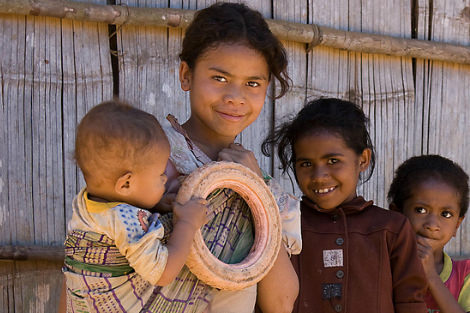
INTERNATIONAL
- Frank Brennan
- 27 September 2016
19 Comments
Timor has scored another win in the international legal forum, this time before a five-member Conciliation Commission convened under the auspices of the Permanent Court of Arbitration. In response, George Brandis and Julie Bishop regurgitated the Canberra mantra: 'We have a strong interest in Timor-Leste's stability and growing prosperity, and in providing a stable and transparent framework for investment in the Timor Sea.' They have no idea just how patronising this sounds in Dili.
READ MORE 